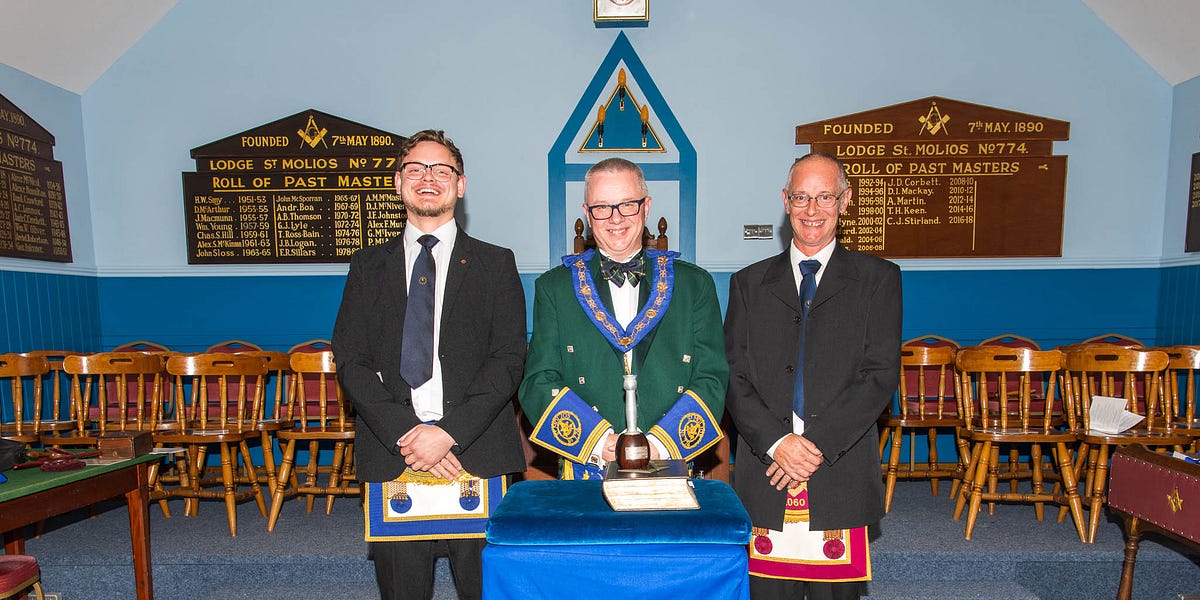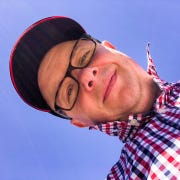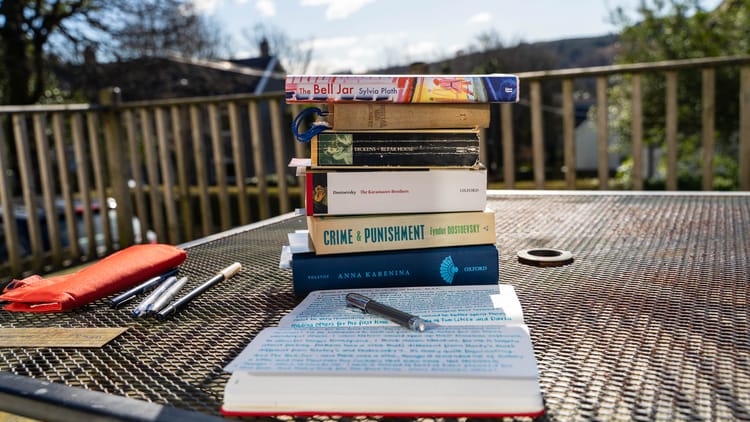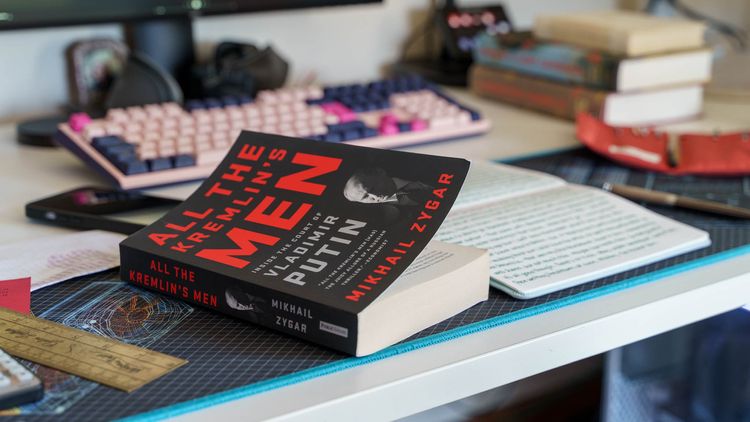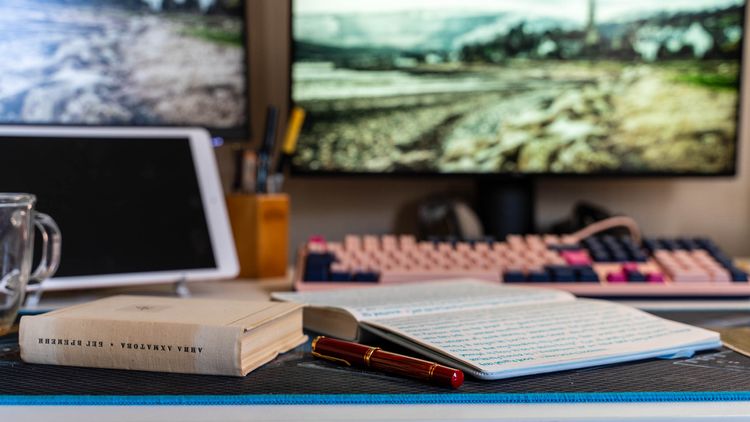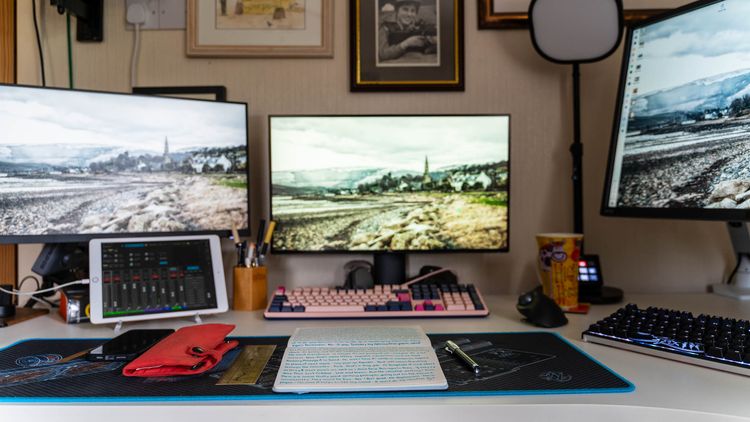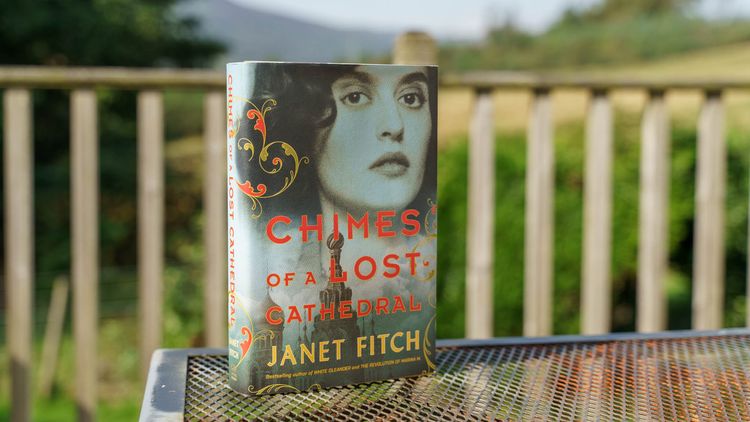Transformation: From Self-Doubt to True Leadership
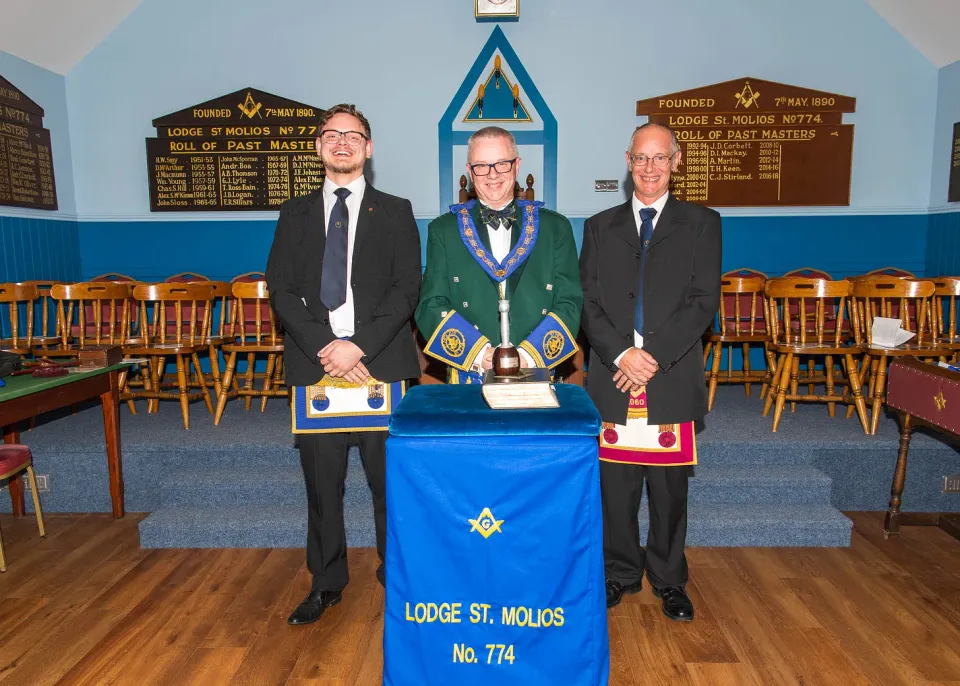
In October 2023, I was installed as the Master of my local Masonic Lodge. That means I’m the elected leader, chosen from among the brethren as the first among equals. The office comes with various duties and obligations aimed at forwarding the interests of the Lodge at regional and national levels:
- Building teams to carry out the ritual work of putting candidates through the various degree ceremonies;
- Visiting other lodges;
- Welcoming visitors into our Lodge;
- Ensuring that our ritual work is carried out to a high standard;
- Supporting members in any challenges they may be facing;
- Delegating tasks to office-bearers to ensure the smooth running of the Lodge;
- Chairing committee meetings;
- Seeing that the accounts and minutes are kept in accordance with the laws and regulations of the Provincial Grand Lodge and Grand Lodge;
- Making sure the bar is stocked up;
- Deciding which charities to donate to and how much to donate.
It’s rather a lot. But I haven’t just been thrown in at the deep end. I’ve worked my way up the ladder for over a decade, taking on progressively more senior offices every year. That began in 2010, when I was installed as a Steward, the first of the progressive offices. That particular office involved ensuring that the members and visitors were all treated to the highest level of hospitality, that their cups never ran dry and their meals were placed on the tables still hot and in the right order.
From the office of Steward, there’s a clear progression to Master, through Inner Guard, Junior Deacon, Senior Deacon, Junior Warden and Senior Warden. Each progressive office-bearer has their own part to play in the ritual of opening and closing the Lodge; they can also choose to take on other ritual work that forms part of the degree ceremonies as they wish.
Not all Freemasons choose to go on the ladder, but I decided more or less as soon as I’d affiliated to my local Lodge that I wanted to become Master one day. The progressive nature of the offices means that by the time a Brother is installed as Master, he will have extensive knowledge and experience in running a Masonic Lodge, both the ceremonies and behind the scenes.
I wasn’t quite prepared for the overwhelming feeling of emotion I experienced during the installation ceremony. It was all the more poignant because my brother and his son were in the Lodge, and the reply to the toast to the visitors was given by the man who was installed as Master of my mother Lodge in Prestwick by my grandfather.
During the lead-up to my ceremony, I spent a lot of time thinking about what I would say in my toast to the Installing Masters, the three past masters of the Lodge I had asked to carry out the ritual to install me as Master of the Lodge. These three brothers were responsible for putting me through the degree of Installed Master, the highest honour that any Lodge can bestow upon one of its own members. During the after-dinner toasts, it’s customary for the new Master to toast his Installing Masters and thank them for all the work and time they’ve put into learning the ritual for the ceremony.
This toast gave me an opportunity to use my position to speak about something close to my heart and inspire the brethren, as well as show what kind of Master I intended to be. I drafted my speech in my head while walking our beloved basset hound, Clover. The topic that kept coming up for me was the similarities I’ve always felt exist between Freemasonry and Alcoholics Anonymous. Most members of my Lodge know I don’t drink alcohol, and many of them know that I’m in recovery from alcoholism. But I don’t think any of them really understand what that means.
If I were to sum it up, I would say that both organisations offer a blueprint for living a life that’s full of meaning and purpose. They provide rules that, when observed, can give men the freedom to be upright, moral and just, not to shirk duties or obligations, to serve something bigger and improve their relationship with a higher power. As a recovering alcoholic and addict, that’s the space where I can flourish without turning to destructive behaviour or substances.
Maybe you’ll understand then why I felt called to speak about how Freemasonry and the 12-step programme of recovery in AA both work together to keep me sober, mentally, morally and spiritually.
I felt pleased with the speech as I was drafting it, but when I stood up to deliver it, it came out poorer than I had practised it. That’s not to say that it wasn’t any good - I think it was good, but it could have been better. That’s something that will come with time and practice.
In the days following my toast, I found myself going over it again in my head, lamenting at the parts I’d omitted and feeling distraught at the lukewarm response it got — a golf clap at best. I could have done so much better. Then my ingrained behaviour of overthinking began to torment me: What was I thinking, standing up in front of Past Masters, Provincial Grand Masters, visitors, and my own brother and nephew, talking about ‘the evils of alcohol’? Why should anyone care? Wasn’t I making a toast that would be raised with large glasses of spirits? You know, that kind of thing. All negative and no positive.
But, as more time passed, I began to feel better about it. We tend to focus on the negative, don’t we? I was forgetting that the Provincial Grand Master congratulated me on a speech that ‘came from the heart’. Someone else asked me if I’d be willing to have a conversation with him at a later date. And I thought back on what I’d said when I pivoted my YouTube channel into the recovery space: that if I helped just ONE person on their journey into recovery, I’d consider my channel a success.
I’ve been thinking a lot about leadership. It’s a role that doesn’t come easily to me. But it’s also a role that didn’t come easily to Marcus Aurelius. He didn’t lust after power and influence either. As I thought more about my speech, I started to see it as being an example of leadership. Was I not showing courage in talking about a topic that’s rarely, if ever, discussed in Freemasonry? Should it matter how my speech was received when I’d spent many hours drafting it and then delivered it in the best way that I could? Not to mention the nights when I’d wake up at 3 or 4 a.m. and immediately find myself back in draft mode, unable to get back to sleep for hours.
This IS leadership. I spoke from the heart about a topic that’s not only near and dear to my heart; it’s vital for my very survival. Maybe I was imagining the blank faces, the tuts, the eye-rolls. But even if I wasn’t, so what? I did something challenging, something I planned and executed to the best of my ability. And that’s what my writing is about. That’s why I make videos about recovery. Because if I don’t stand up to be counted, who knows where I might end up. Nowhere good; of that, I am sure!
I’m pleased that I was able to stand up and deliver that toast. I showed leadership on that day; I showed what kind of Master I’m going to be as I step into my term in office. It’s an honour and a privilege to have been chosen, and I intend to lead with humility and integrity.
Acting in alignment with the values of Freemasonry and Alcoholics Anonymous helps immeasurably with my self-esteem and self-confidence. Now that I’m Master of the Lodge, I need only continue acting in that way for self-doubt to recede into its rightful place so that I can be the confident, affable man I aspire to be. I will lead from the heart.
Recording of toast
I recorded my toast in the voice memos app on my iPhone and have published an edit on my podcast feed. It's here if you'd like to listen:
